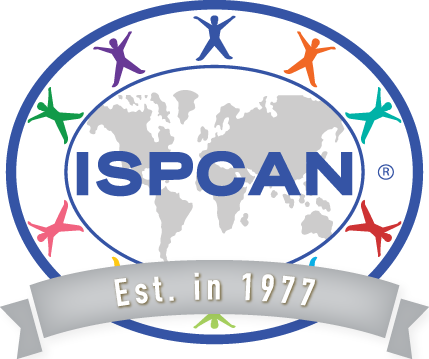Become a country partner
ISPCAN’s Country Partners are multidisciplinary organizations or non-profits within a city, country or region who focus and work in child abuse and neglect (CAN) prevention. The goal is to share experiences, knowledge, research, and resources across all regions in an endeavor to strengthen efforts at local, national, and regional levels to end child maltreatment. We believe that effective and sustainable CAN prevention is achieved through education and professional cooperation. See country partners by region on ISPCAN regional pages.
Special Affiliation with ISPCAN
Promotion of your organization and events by ISPCAN to our Global Audience via email, Social Media and Newsletters
Recognition on our website, in our Annual Report, and other publications
Access to the ISPCAN Country Partner Logo
Priority opportunities for ISPCAN Congress co-sponsorship
Free booth at our ISPCAN Congresses
Special Community of learning with other Country Partners
Subscription to Child Abuse & Neglect: The International Journal
Opportunities to showcase your programs in our newsletter, webinars, and circles of connecting.
Contribute content to World Perspectives on Child Abuse and other ISPCAN publications
Opportunity to lead trainings, webinars, circles of connecting,, working groups in your region








